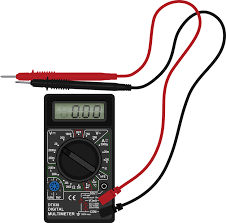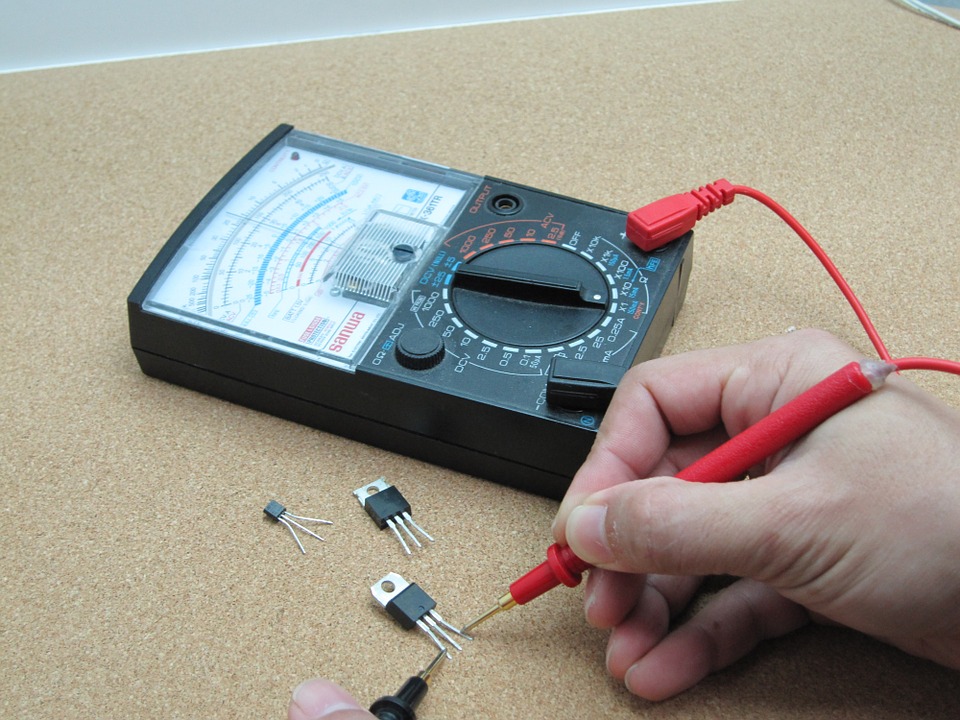A multimeter, also known as a volt-ohm meter is an instrument used to measure different electrical values. This unit can be used to measure things like current, voltage, and electrical resistance in electrical units. Besides just helping you in safely measuring electricity, some multimeter can help you do a lot more than that. If you are shopping for a multimeter, this write-up shares some ways these gadgets can help you.
Testing Batteries
If you have a battery or a number of them, you might be interested in knowing whether  they are dead or alive. A multimeter can help you determine which battery is worth keeping, or if it is due for a recharge in the case of rechargeable batteries. A good battery should have a voltage value that matches the battery ratings or slightly higher. A lower reading means that the battery is drained or in the process of dying.
they are dead or alive. A multimeter can help you determine which battery is worth keeping, or if it is due for a recharge in the case of rechargeable batteries. A good battery should have a voltage value that matches the battery ratings or slightly higher. A lower reading means that the battery is drained or in the process of dying.
Inspecting Extension Cords
If you own an extension cord and you doubt its integrity, whichever the reason, a digital multimeter is a must have. Ideally, a voltmeter serves to help you determine whether the wires inside are continuous. To do this, align the voltmeter to the sound wave symbol (a continuous curved line with some dots) and test the plug and receptacle pair. When the multimeter produces a beeping sound on all three, you’ll know that the extension is okay. Else, you need to either repair or replace.
Locating a Bad Switch
A multimeter can also be used to inspect a light switch you think is bad. You can do this by inspecting the resistance across the switch. Connecting the resistor across an open switch should give infinite resistance or “OL” on the multimeter’s display. A closed switch should give a definite resistance value, but if the multimeter still gives the “OL” the switch is most likely to be faulty.
 Sorting Old Light Bulbs
Sorting Old Light Bulbs
Another practical use of a multimeter is when you need to sort through some old light bulbs. However, this test is mostly used in testing incandescent bulbs. Testing you bulb is all about inspecting the continuity of the lighting element. When the probes are connected to the bulb’s electrical foot contact, the multimeter is supposed to make a sound. And if it does not make a noise, the bulb is defective.
To get the best out of a multimeter, it is imperative to invest in the best. As a tip, you need to understand your options or the features you need in a multimeter. Things like brand name and price should be secondary.

